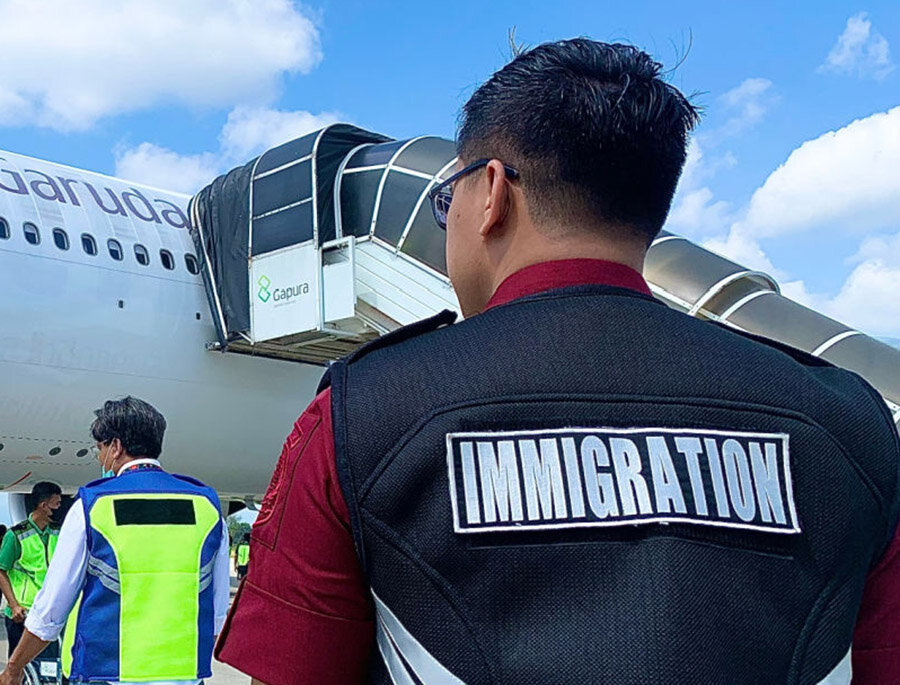Вusiness / Real Estate / Investments / Analytics / News / Migration / Tourism & hospitality 14.04.2025
Indonesia Cracks Down on Illegal Rentals: Fines and Jail Time for Foreign Housing Violations

Indonesia Strengthens Housing Control: Fines and Jail Time for Violations
Indonesia is tightening enforcement of its new foreigner registration system, Aplikasi Pengawasan Orang Asing (APOA), introduced in early 2025. The rules apply to all accommodation providers, including hotels, apartments, and private villas — yet many are failing to comply, according to The Bali Sun.
How exactly will Indonesia tighten rental regulations?
Yuldi Yusman, Director of Immigration Supervision and Enforcement, clarified that the system is straightforward. Owners or managers must input guest data by collecting a copy or scan of the passport’s ID page and uploading it to the APOA platform. These records become part of the national immigration database.
Though registration was already required under a 2011 law, reforms in 2024 reinforced the rule due to growing tourism volumes. Indonesian Immigration now has the legal authority to demand guest data from any property. The policy aims to curb illegal stays and tax evasion among villa operators and unlicensed hotels — especially on Bali, where enforcement is being ramped up.
Ngurah Rai Sugito, Head of Immigration at TPI Bali, noted that about 18,000 foreigners arrive daily, and APOA will help track violations faster. This supports a broader campaign to maintain order in Bali, including a tourist behavior code and an increase in deportations for misconduct or legal infractions.
As of March 24, 2025, just 78,077 foreign guests had been officially registered in the APOA system — significantly below the actual number of international arrivals, pointing to widespread non-compliance.
Enhanced Enforcement Through APOA
Antara News reports that the system also accelerates law enforcement response times. Batam immigration chief Jefrico Daud highlighted that APOA allows real-time tracking of foreign nationals’ movements and legal status — improving national security and facilitating emergency response.
Police in Indonesia’s Riau Islands say APOA enables quicker data sharing with anti-terror units and Interpol. Ari Arfin Sihombing, intelligence chief of the local police, emphasized the system’s role in detecting overstays, unregistered work, and even suspected criminals.
So far, 15 foreigners have been deported for conducting training seminars while on tourist visas. Under the new rules, accommodation providers who fail to report guests could face fines up to IDR 25 million ($1,500) or three months in jail.
The government says the aim is to protect Indonesia’s economy and national security. Registered hotels and legal operators support the change — their reporting process has been simplified via APOA. But private villa owners are wary of increased red tape and penalties.
Long-Term Shift Toward Regulation in Indonesia
This isn’t Indonesia’s first move to regulate foreign activity. A cyber unit now monitors tourists’ social media for evidence of illegal work on tourist visas. The government has also cracked down on tax evasion and unauthorized property development. One high-profile case led to the closure of a “Russian village” in Bali and the arrest of its founder.
Indonesia is clearly moving toward comprehensive control over foreign presence — with stricter rules for housing, immigration, and investment. Violators now face tangible consequences, including jail, fines, deportation, and multi-year bans.








